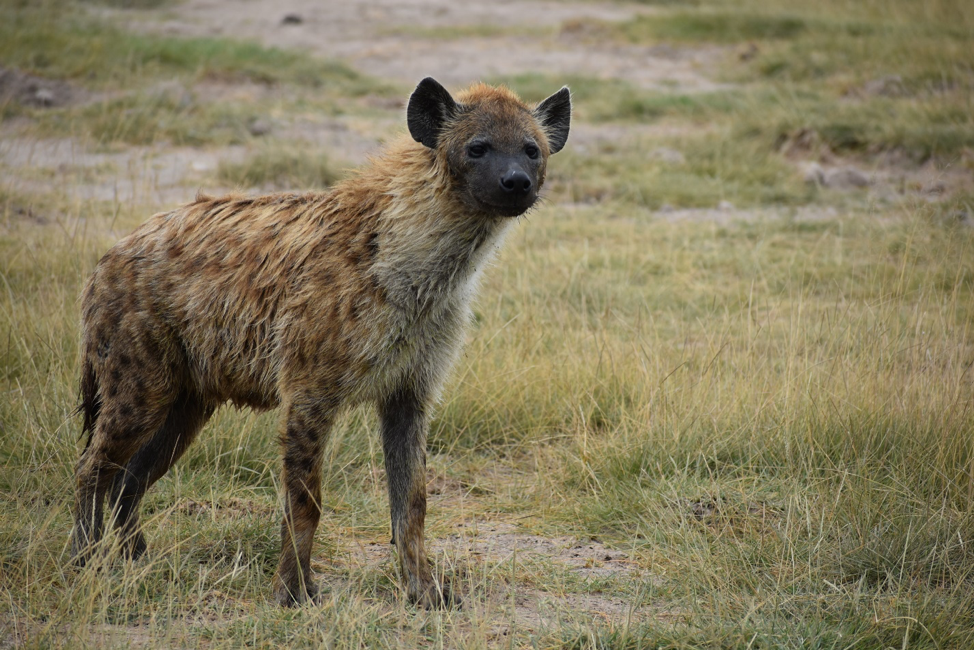Sarah Omusula
Appraisal of the Compensation Scheme for human wildlife conflict: Tsavo National Park and Mbirikani Group Ranch/Big Life Foundation in Kenya
Fellowship Year:
2018
Degree:
MESc
Research Country:
Kenya
Research Continent:
Africa
Partner Organizations:
Kenya Wildlife Service
Mbirikani Group Ranch
Big Life Foundation
Abstract:
Human wildlife conflict continues to threaten human safety, livelihood, and wildlife population. Most of the Studies that have been done focus on the causes of human wildlife conflict and propose mitigation measures. Some of the mitigation measures set in place such as the compensation scheme or consolation is meant to minimize retaliation and change people’s perception on wildlife conservation. The increase in human population has contributed to habitat loss and land use change increasing an overlap between humans and wildlife.
Considering that Kenya had a compensation scheme some years back, it is important to comprehend past trends and set future projections. What lessons did the government learn from the previous scheme and what have they done to improve it? This study assessed people’s perception on compensation scheme for human-wildlife conflict, seek to find alternative form of payment and approaches that is used by the local community, Kenya Wildlife Service and Mbirikani Group Ranch/ Big Life Foundation minimize conflicts.
Studies have indicated that majority of the compensation scheme policies fail because they are not evaluated, nor their effectiveness assessed, making it an unsustainable strategy to mitigate conflicts. Thus, it is important to monitor and evaluate the compensation scheme to provide a feedback mechanism for policy improvement to achieve conservational goals. To address this research gap, surveys were conducted around Tsavo National Park (Government Scheme) and Mbirikani Group Ranch (community compensation). The objective of the study is to evaluate the efficiency of the compensation scheme and people’s perspective on the compensation scheme.
Some researchers have argued that if compensation is not conducted well, it does not address the root causes but may worsen the problem. To gain understanding of existing limitation of compensation scheme and seek potential approaches that will positively shape socioeconomic and cultural abilities to manage human-wildlife conflict. The study attempts to answer the following questions; (1) What are the strengths, weaknesses, opportunities, and threats of the compensation? (2) how effective is the compensation scheme in enhancing tolerance to wildlife? (3) what other approaches are used by the Kenya Wildlife Service and Mbirikani Group Ranch to minimize conflict?
The data were collected by conducting interviews, focus group discussion and direct observation. There were 170 interviews, 3 focus groups comprising of women, men, and youth. The data will be coded and categorized based on base values before analysis using computational text analysis software and use of quotes from the community members. The mixed research methods (qualitative and quantitative) will be used to analyze the data. The results will enable me to make suggestions in policy amendment and implementation.

